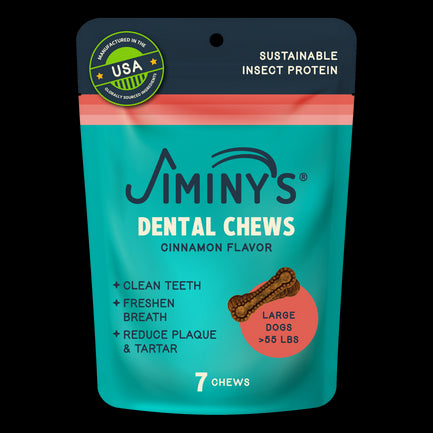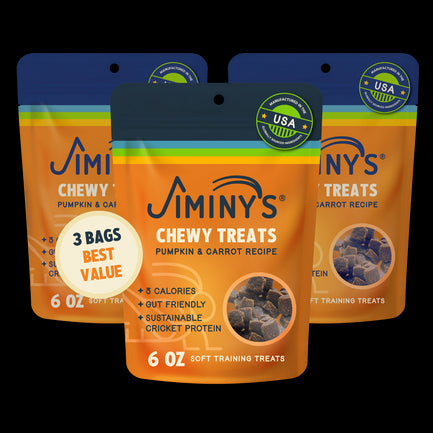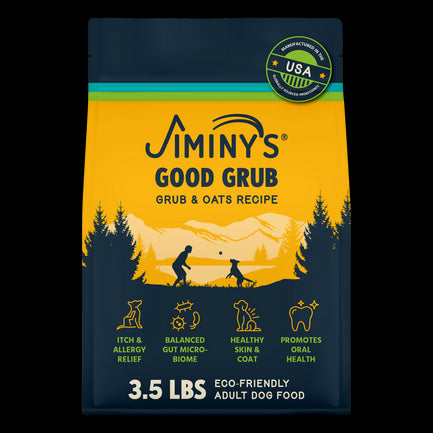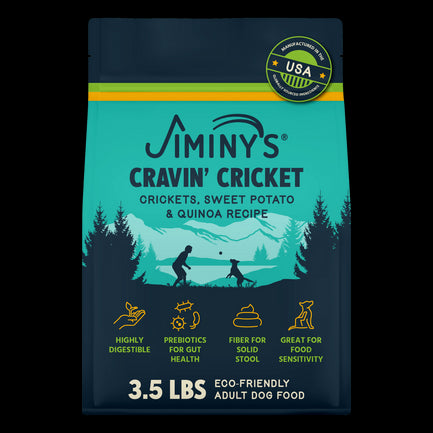SAFETY
Safety is a “meaty topic” when you examine traditional animal agriculture. There have been so many recalls and issues arising from a variety of pathogen types. The FDA lists problems to help consumers stay abreast of issues – you can find that list HERE
Insect protein is different from other traditional protein sources (cow, chicken, pig). Insects raised in clean indoor farms have been found to be free of common pathogens that plague the meat industry, e.g., E. coli, salmonella, staph and listeria. One of the reasons for this is that crickets have a different kind of “poop”. It doesn’t lend itself to E. coli and other common excrement issues.
Production control at insect farms is rigorous:
- Good hygiene and agricultural practices are employed in the rearing of insects
- Processing is conducted in accordance with cGMP and HACCP plans are utilized
- SOPs cover all aspects of manufacturing, including personal hygiene of employees, maintenance and sanitation procedures in place at facilities
- General principles associated with the breeding, rearing and processing of insects for feed and food have been established (IPIFF, ACFS, EFSA and FASFC)
Watch the video that shows the inside of a cricket farm HERE
Subscribe to our newsletter to receive information about dog health, training tips, and exclusive subscriber offers. Plus, receive a code to save 15% on your first purchase.
On COVID
At its most basic, COVID-19 is a safety issue. It seems clear the pursuit of traditional protein pushes us into places where it’d be safer to avoid. A better protection against a rogue virus – even better than washing hands and wearing masks – is the use of alternative proteins. The sustainability of insect protein ensures our growing population will have enough protein without the need to continue plowing further into our indispensable wilderness.

These guys are our family. We need to keep them safe!





